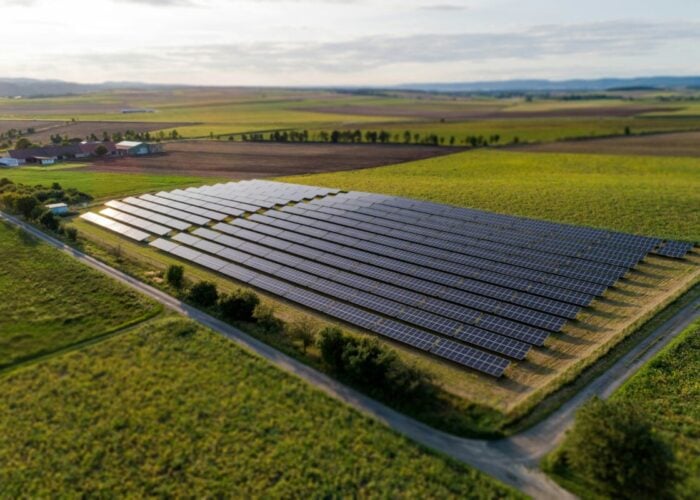Product Briefing Outline: Dow Corning’s Solar Solutions Group has extended its product offerings for the global solar energy market with an encapsulant and two potting agents that have been tested and qualified for photovoltaic module applications. The PV 6010 Cell Encapsulant and the PV 7010 and PV 7020 Potting Agents have been developed to eliminate the guesswork when dealing with the potential solutions available today.
Problem: With the hundreds of available coatings, encapsulants, potting agents, sealants, adhesives etc…available on the market, a key challenge is being able to evaluate correctly which of these actually work best for demanding solar energy applications, while providing target life-time parameters and overall performance levels required.
Try Premium for just $1
- Full premium access for the first month at only $1
- Converts to an annual rate after 30 days unless cancelled
- Cancel anytime during the trial period
Premium Benefits
- Expert industry analysis and interviews
- Digital access to PV Tech Power journal
- Exclusive event discounts
Or get the full Premium subscription right away
Or continue reading this article for free
Solution: Dow Corning’s PV 6010 Cell Encapsulant forms a clear, durable protective laminate layer over the surface of photovoltaic (PV) solar energy cells, providing tested corrosion and delamination protection, according to the company. The company claims that the new encapsulant provides electrical, high-temperature and ultraviolet stability with no discoloration. Dow Corning’s PV 7010 and PV 7020 Potting Agents are designed to insulate PV cells’ electrical junction boxes, providing excellent, cost-effective electrical insulation and long-lasting protection from moisture, heat and other environmental conditions, the company claims. These materials remain flexible and stable over wide temperature variations (-40 degrees to 150 degrees °C) and offer easy reparability and global availability. The PV 7010 offers a faster cure rate, while the PV 7020 has greater viscosity and thermal conductivity, according to the company.
Applications: Photovoltaic modules.
Platform: The PV 6010 Cell Encapsulant’s color is clear. It has a viscosity/cps or mPa-sec of 925, has a refractive index of 1.41 @633nm, is repairable and employs a moderate temperature cure and is a self-priming elastomer. The PV 7010 is translucent green, a viscosity/cps or mPa-sec of 430, a Thermal Conductivity (W/m·K) of 0.18. The PV 7020 potting agent is grey in color, a viscosity/cps or mPa-sec of 14000, a Thermal Conductivity (W/m·K) of 1.34 and certified to UL94 – V1, V10.
Availability: September 2007 onwards.






